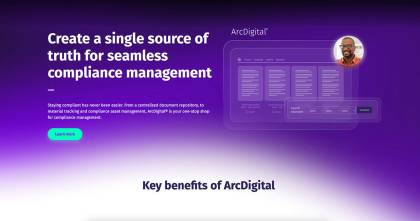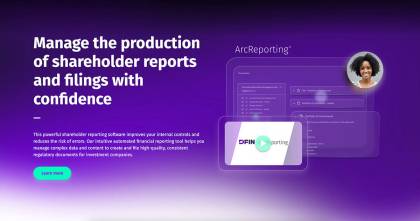What is AODA?
The Accessibility for Ontarians with Disabilities Act 2005 (AODA) is a statute enacted in 2005 by the Legislative Assembly of Ontario, Canada, and states that “All public-sector organizations (including government, municipalities, and educational institutions) and all private organizations with 50 or more employees (including businesses, nonprofits, and private educational institutions) are required to be Web Content Accessibility Guidelines— WCAG 2.0 AA accessible (excluding live captioning and audio descriptions) by January 1, 2021.”
Why is AODA important?
As background, approximately 4.2% of the world’s population is visually impaired (The International Agency for the Prevention of Blindness, 2020), and content accessibility is more important now than ever. As the investor population ages, there has been a dramatic increase in blind, partially sighted and cognitively disabled individuals.
What is the organizational impact?
AODA represents a broad-reaching set of regulations that is intended to elevate the inclusion of all Ontarians, regardless of disability, in their daily lives.
One particular area of the regulation related to Web Content Accessibility Guidelines—WCAG 2.0 AA seeks to ensure that content is perceivable, operable and robust, and will demand that all content has the correct attributes applied to client-facing websites and hosted documents.
Noncompliance may result in penalties and fines up to $15,000 per day, to a maximum of $100,000.
In summary, this means that as of January 1, 2021, the entire range of regulatory documents—including MRFPs, financial statements, quarterly reports, prospectuses, fund fact sheets and any other documents or content viewable by the general public and/or investors—requires the following attributes:
- The application of WCAG-compliant metadata tagging to all documents
- and content
- Mitigated and resolved colour contrast issues and other colour violations
- Screen reader compatibility to enable “read out loud” functionality, with JAWS
- and NVDA as preferred options and WCAG and PDF/UA standards followed
How can DFIN help?
DFIN’s industry-leading AODA tagging process ensures complete AODA compliance across all document types. Through this process, DFIN will:
- Ingest: We ingest your documents and content in multiple languages.
- Analyze: We undertake analysis of your documents and content for WCAG compliance; provide advice, guidance and feedback on style and format; and create a master set of guidelines.
- Tag: We tag underlying metadata to the master set of guidelines.
- Verify: We perform quality assurance across all documents and content and carry out 16 independent structural checks and content integrity checks to ensure total compliance prior to delivery.
- Deliver: We deliver tagged documents back to you with an accompanying accessibility report.


